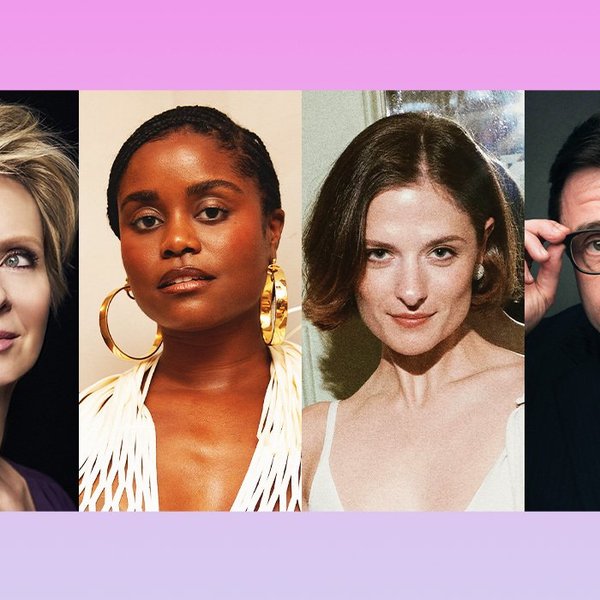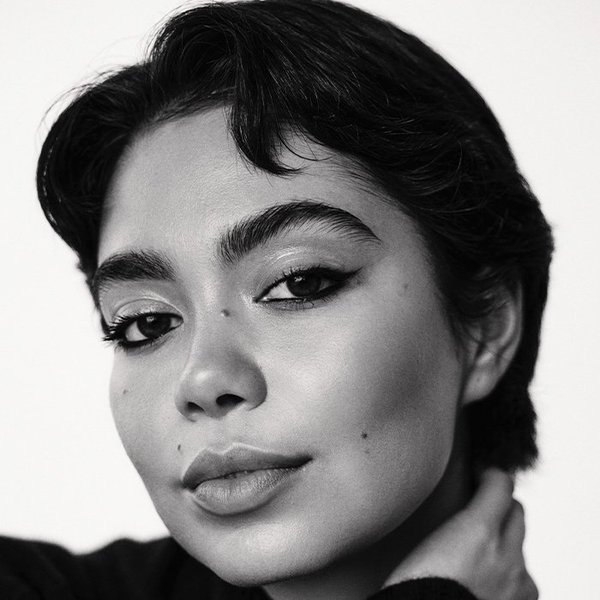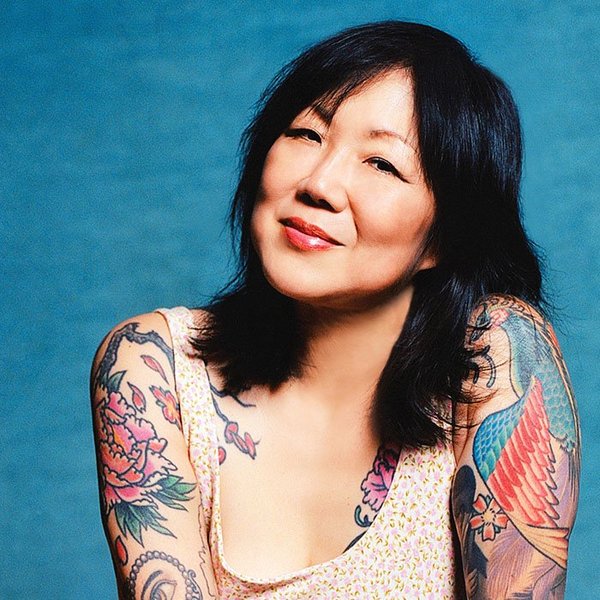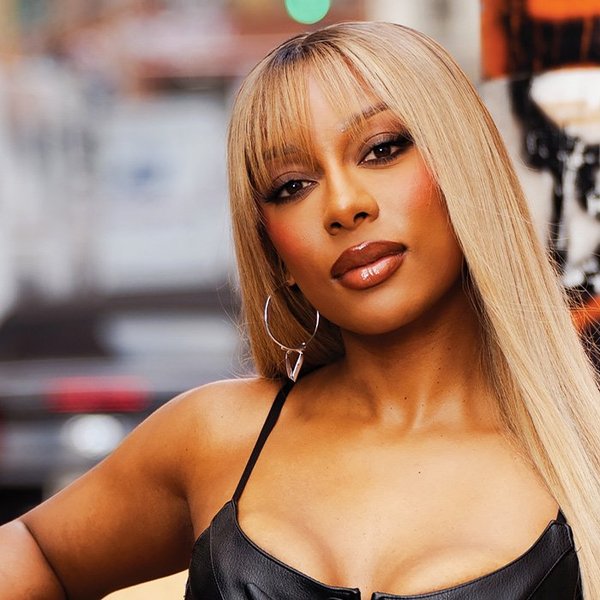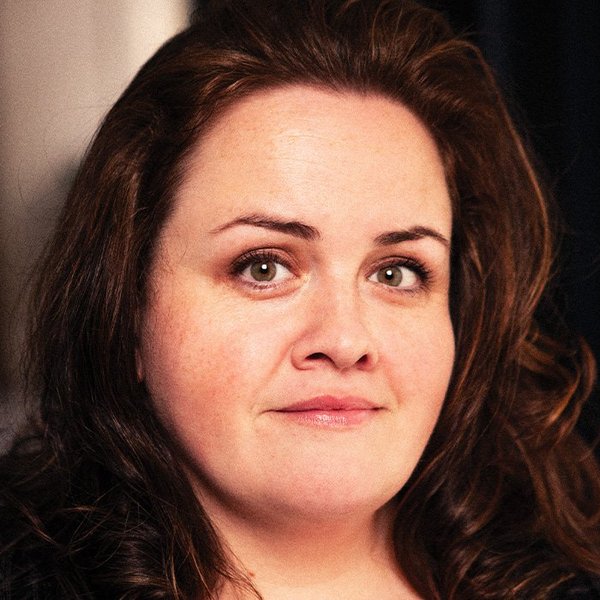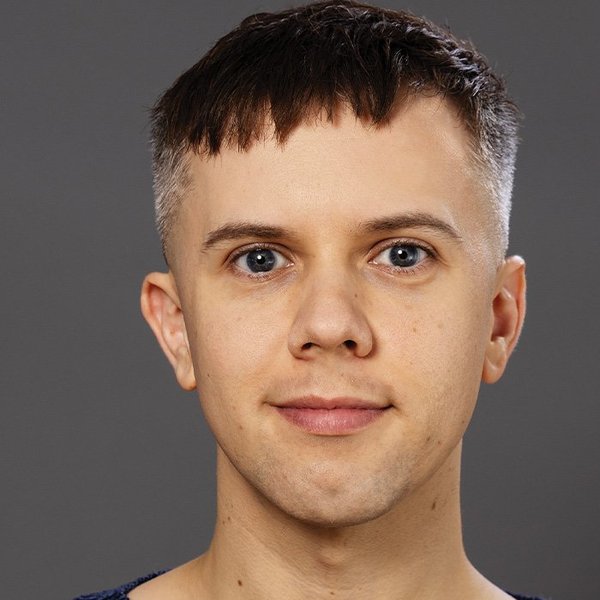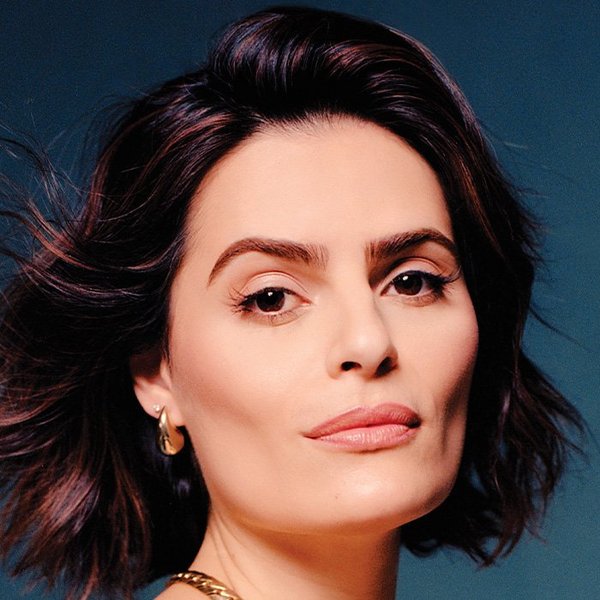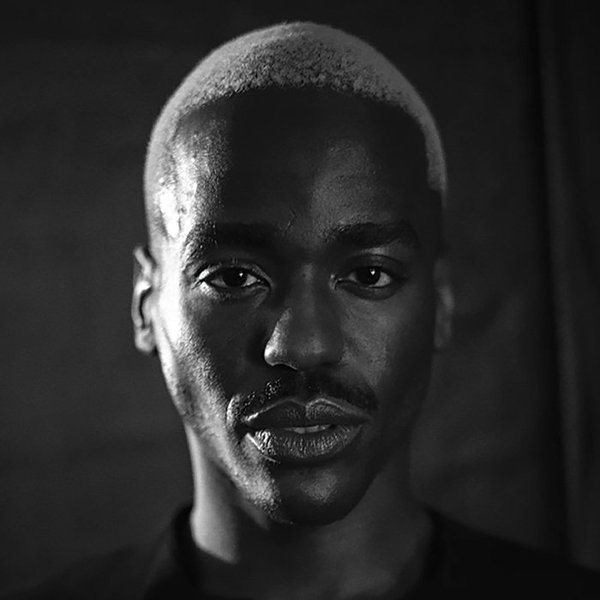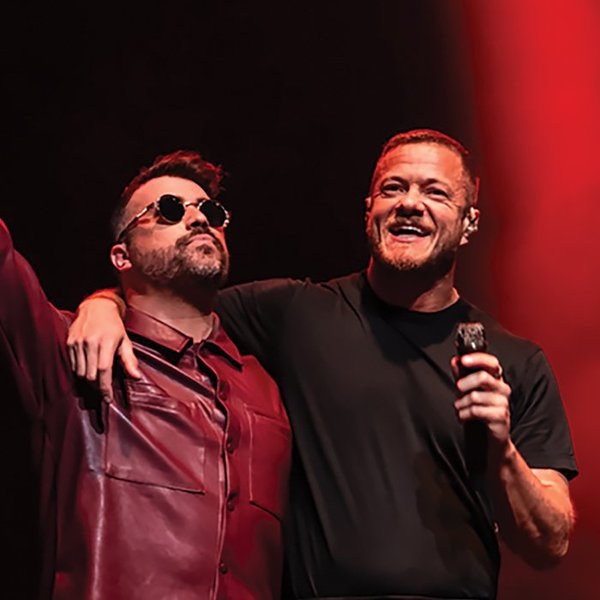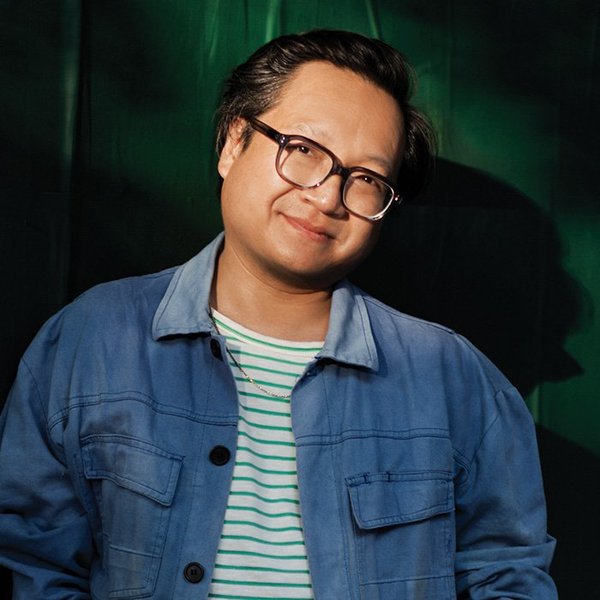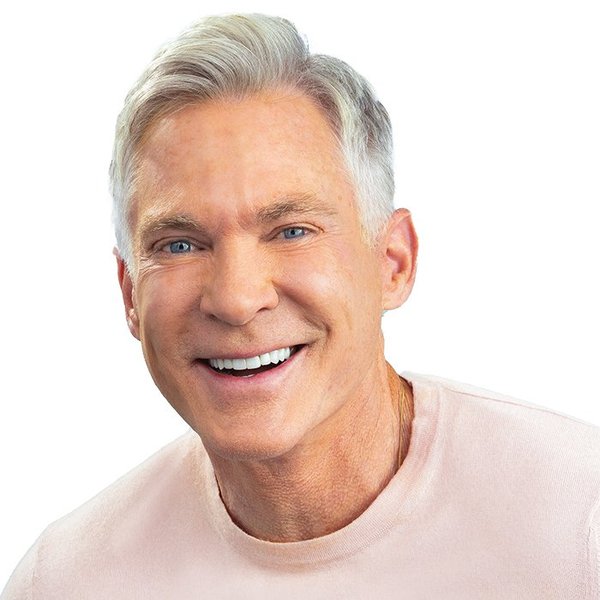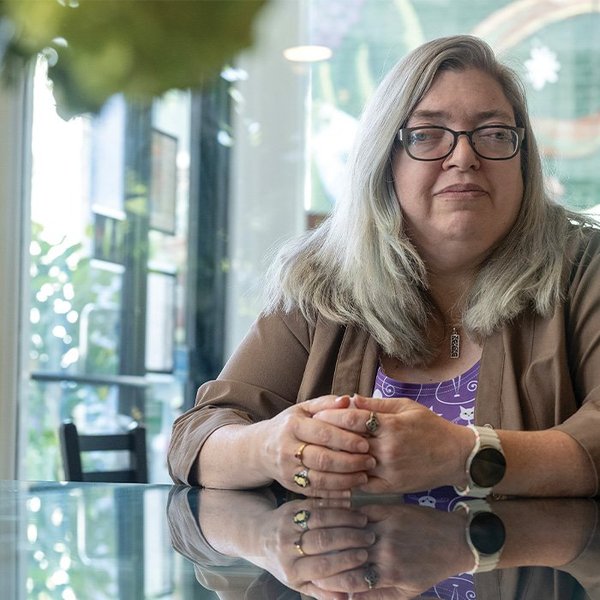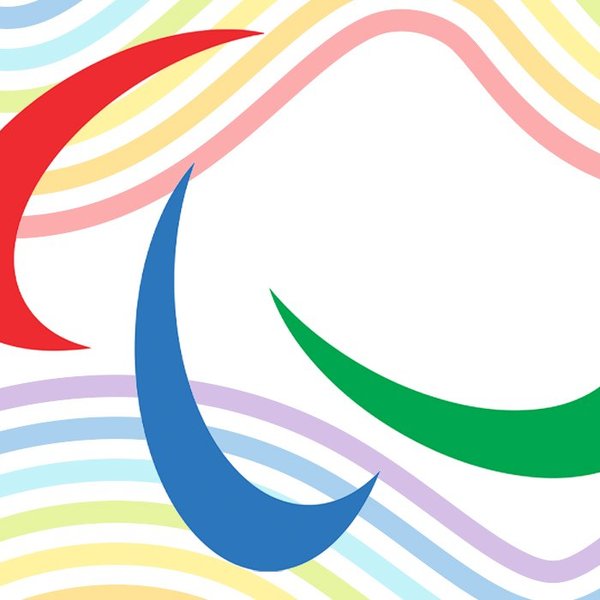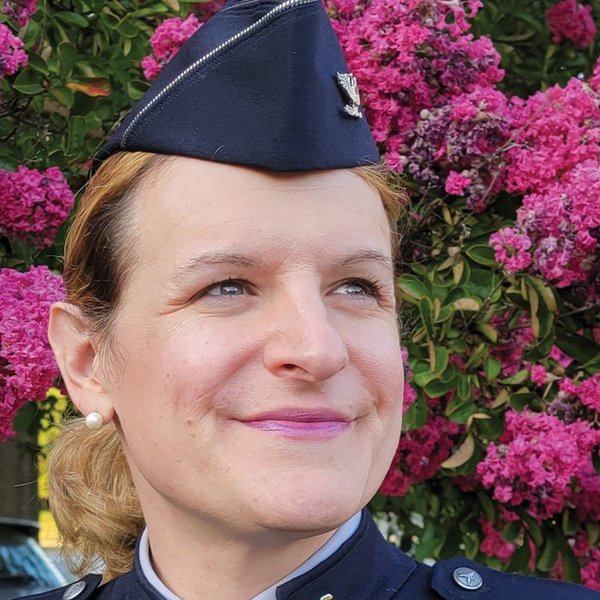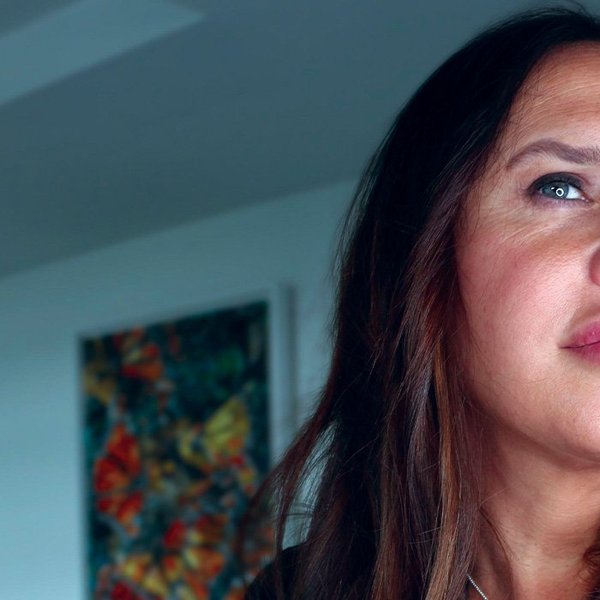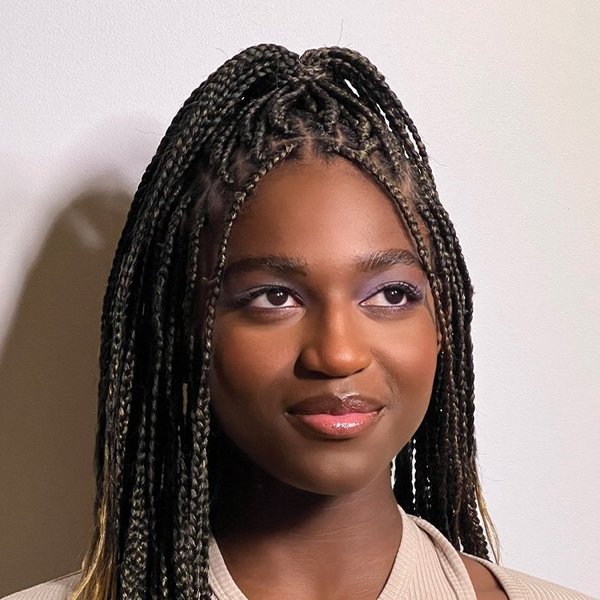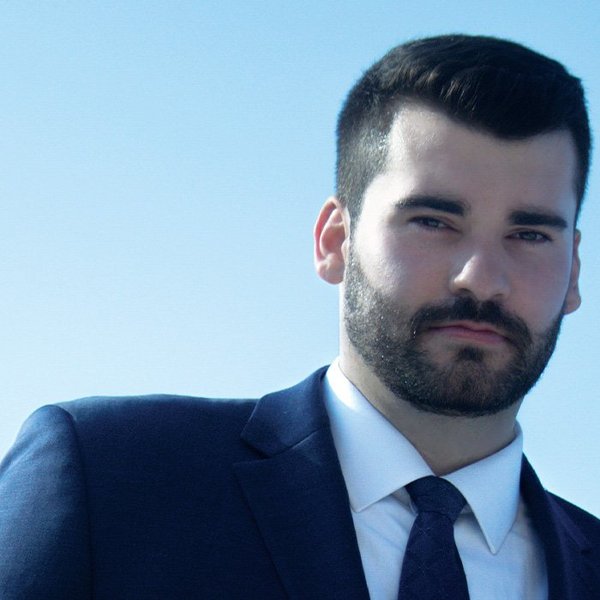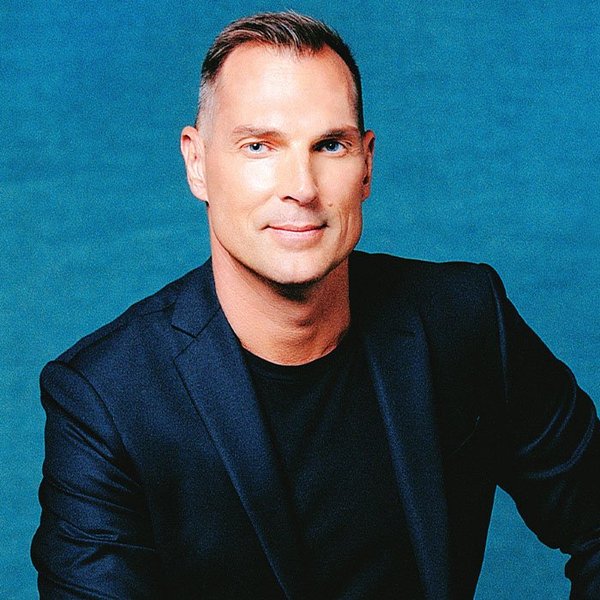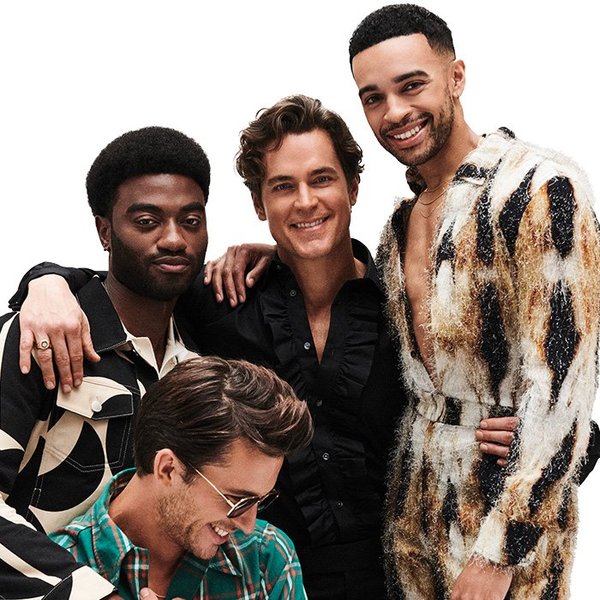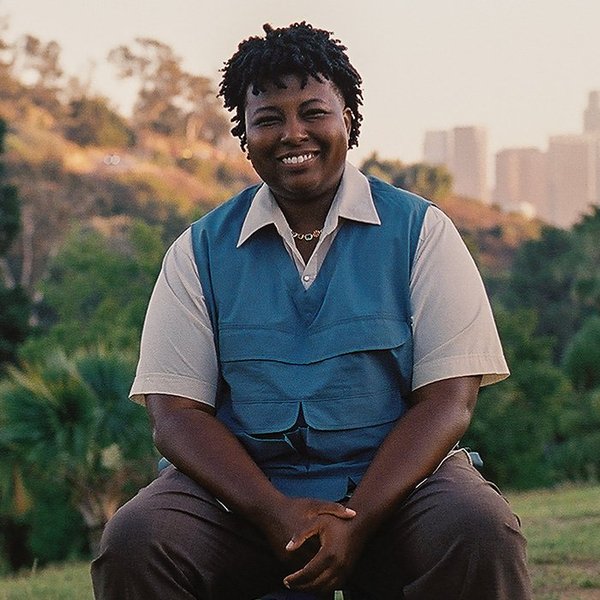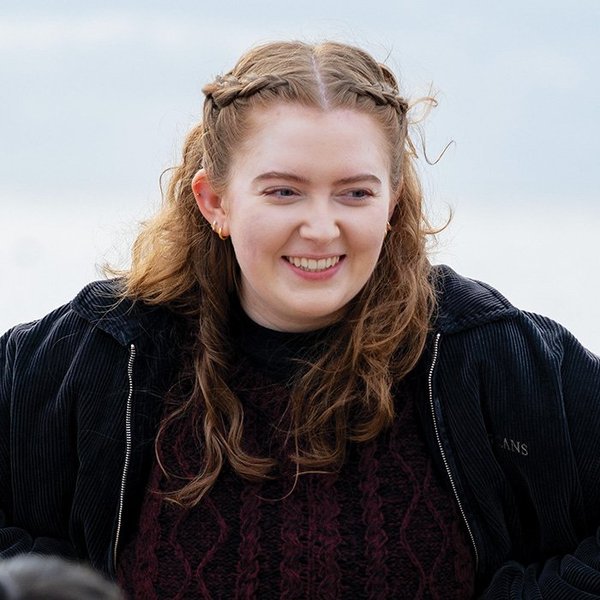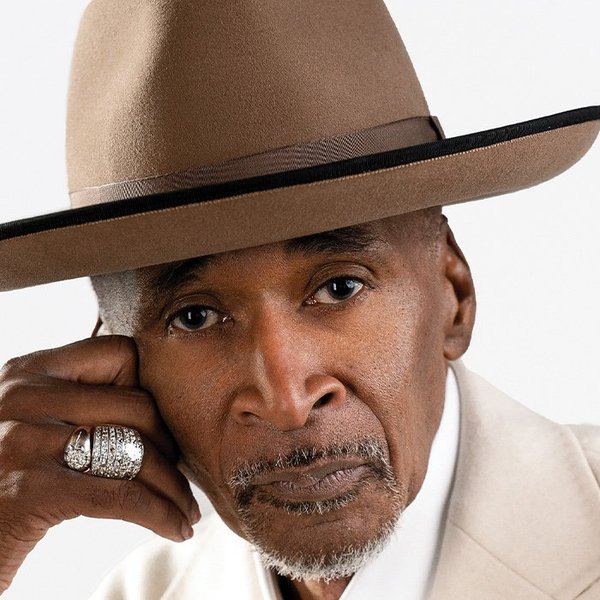
OUT100: Billy Porter, Performance of the Year
“I was so busy trying to fit in, and then it was like, You don’t fit in, and you ain’t supposed to fit in.”
It's rare to see an actor sustain a flawless performance through a two-hour film. On FX's Pose, as the electric ball emcee Pray Tell, Billy Porter did it through a season of eight one-hour episodes, segueing from clocking competitors on the year's fiercest runway to mourning the loss of his on-screen lover to AIDS to sharing tender chemistry with co-star and fellow Out100 honoree Mj Rodriguez -- all without a visible hint of effort. "It had to be Pose," Porter says between takes of this cover shoot, his first for Out. "And I had to be ready for it. I had to live through what I lived through."
Before creator Ryan Murphy called Porter about joining Pose in June 2017, the performer had just come off the previous TV pilot season un-cast, unfulfilled, and in the midst of what he calls a "breakdown."
"I was like, Is this gonna work out? Should I try something else? It's been 30 years now," Porter says. And while those 30 years have surely not been without highlights, his uphill climb suggests he's one of the more resilient stars in showbiz.
Porter was brought up in the Pentecostal church in Pittsburgh, came out as gay at 16, and says that "every bad thing that could happen happened" (that included bullying, condemnation by family, and -- as he revealed to Out.com in a crushing op-ed on October 31 -- childhood sexual abuse). One strength Porter always knew he had, though, was his singing voice, and in 1990, it brought him to New York City, where he landed his first theater role in the original cast of Miss Saigon.
And yet, while also studying acting at Carnegie Mellon, he faced new challenges. "I was pigeonholed into the only thing that the industry could handle at the time: the magical fairy f****t," Porter says. "Don't get me wrong: What I was given was an opportunity to stop the show, but when it came to my humanity, nobody wanted to discuss that."
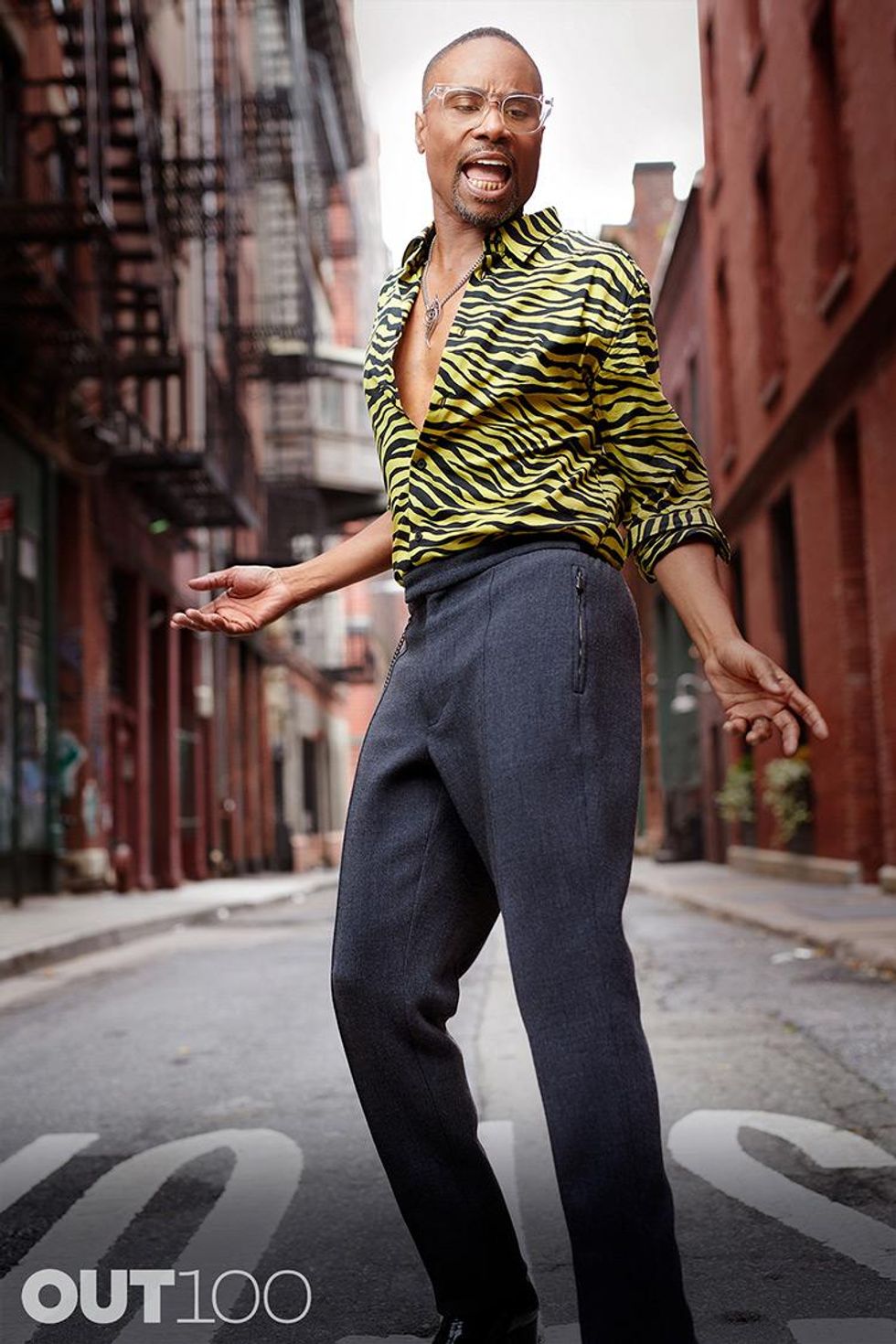
But that's not easy for a gay man of color who knows his unique gifts make him "very specific," and alternately too nuanced and too dynamic for the many drab roles he's been offered. It took more of the '90s and some of the 2000s -- when he was releasing some of his first music, eventually living in Los Angeles, and facing rejection while chasing standard notions of fame -- for Porter to really start living his truth. "I didn't even know I wasn't dreaming big enough," he says. "I was so busy trying to fit in, and then it was like, You don't fit in, and you ain't supposed to fit in."
Porter moved back to New York in 2002 "with a new kind of creative identity," writing and directing plays before finding the first two roles in which he actually saw something of himself. One was as Belize in Broadway's 2010 revival of Angels in America; the other was as drag queen Lola in the original run of Kinky Boots -- a role for which he refused to creatively compromise, and one that won him a Tony in 2013. "And this is the service part," Porter says. "Somebody needed me to stand on that stage as a black, out, gay actor, who took every hit that comes with that kind of life, to stand triumphant and be rewarded for making the right decision."
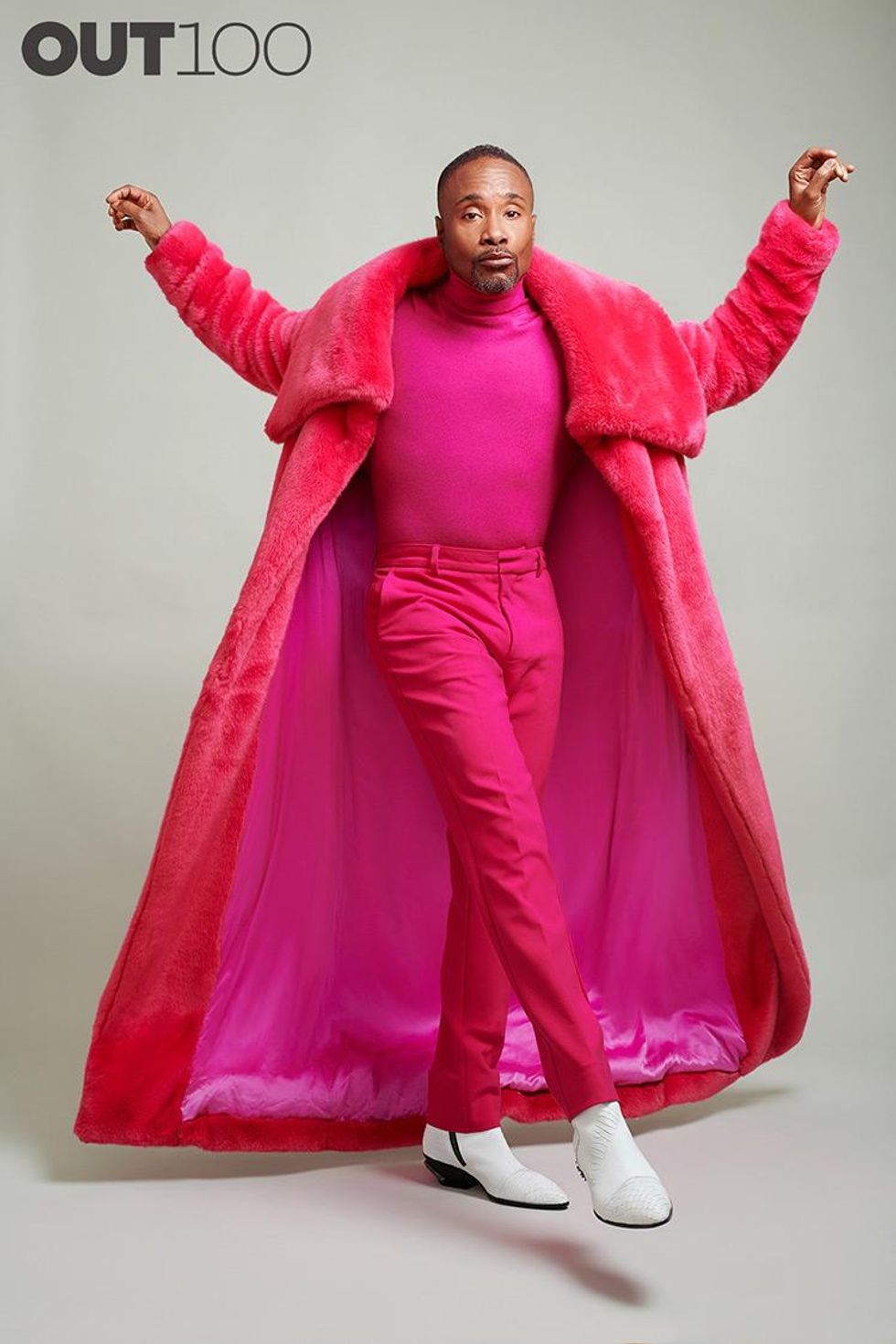
"What I love about being the age I am, and having been in the business for so long," he says, "is that I get to show up, and I don't have to prove that I'm worthy or deserving. It's like, Can he act? That question was on the table for a long time. Today, it's nice, and I'm trying to breathe into it. How am I happy for myself while the world is falling apart? I'm trying to find that balance and lean into the joy while simultaneously going out and fighting every day."
Photography by Martin Schoeller.
Styling by Brandon Garr.
Styling assistant: Kerene Graham.
Groomer: LaSonya Gunter.
Photographed at Schoeller Studio, New York City
Coat by Christian Siriano.
Sweater and pants by Mr. Turk.
Shoes by Giuseppe Zanotti.









